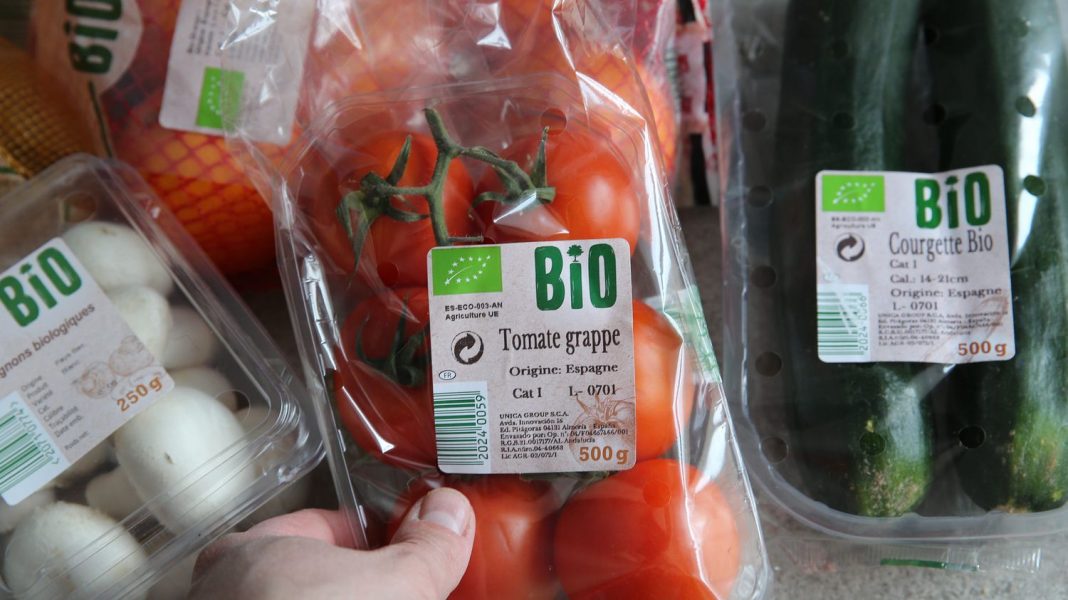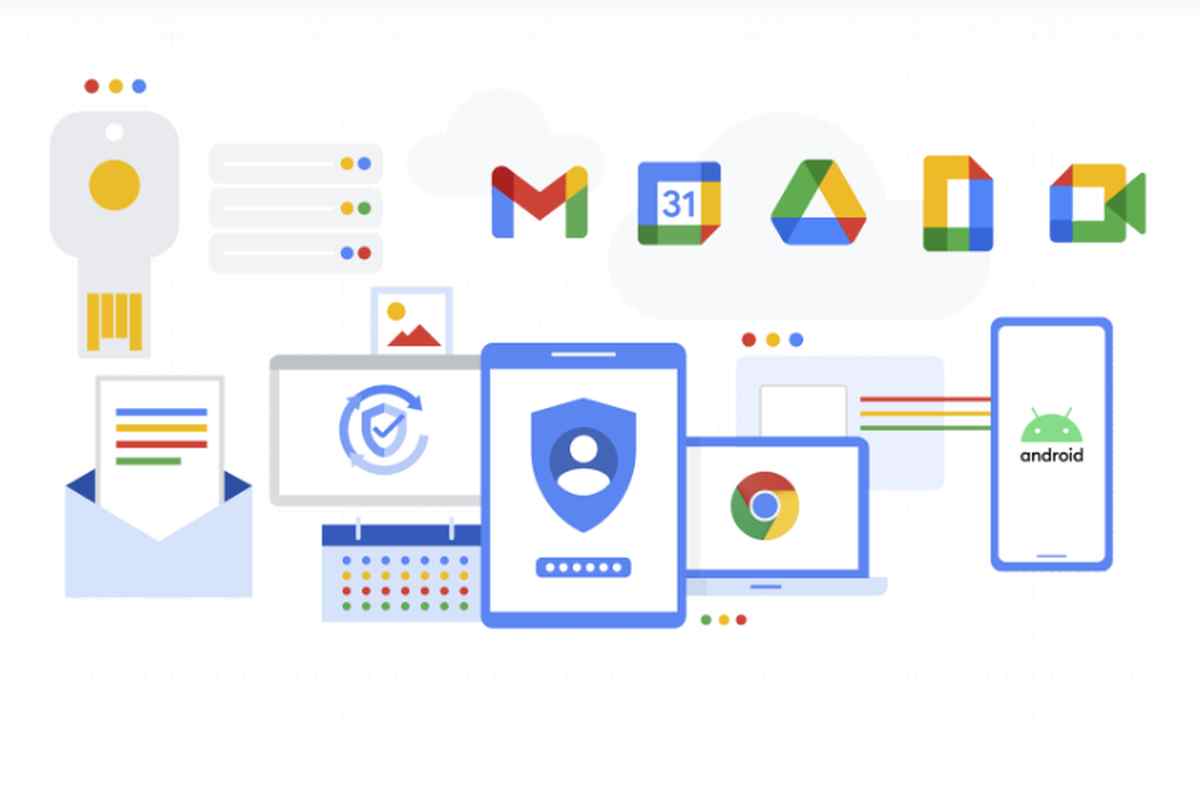“Plastic has a big drawback, it’s not good for the environment. It has an advantage, it allows seeing” what we buy, summary Monday, October 11 in France Journalist Olivier Duvers, mass distribution specialist, author of the blog Le Web Grande Conso, as of From January 1, 2022, plastic packaging for fruits and vegetables will be banned. Some products will escape until 2026. The list should be formalized on Tuesday 12 October in an executive decree of the Anti-Waste Act of January 2020.
franceinfo: There will be exceptions to this ban on plastic packaging, but is it a revolution for stores?
Olivier Duvers: It’s a political cue that would speed up the movement we’ve already been seeing, but perhaps too timid. Those who do the shopping know that we are starting to see, for example, fruits and vegetables contained in cardboard packages. Plastic has a major downside that no one disputes – it’s not good for the environment. It has an advantage, which is that it allows you to see the fruits and vegetables that you buy. What cardboard won’t allow for products that must continue to be packaged is also why, so far, things may not have gone as fast as the citizens would like. Quite simply because the consumer himself found an interest in plastic.
Major retailers have already incorporated the need to use less plastic or is there still a will to try to “play” with exceptions?
You should know that presenting it only through the perspective of large-scale distribution is partly because it is also the subject of their suppliers, wholesalers or producers. It is they who will have to be creative to switch from plastic to other materials. So there was no desire in the strict sense of the word to brake, but simply no commitment to speed. There is one small difference between the two, which is that there is a movement that also started before Covid, to dispense with plastic. And remember what we saw during Covid, customers asked for plastic because they wanted to be reassured on the health side, sometimes even choosing their own fruits and vegetables by providing them with plastic gloves. Look at this separation between the citizen who wants less plastic and the consumer who is sometimes reassured by plastic. It is no small paradox.
Would it be easy to move from this world to a more normal universe?
No, it will not be easy because it is a change in practice and in principle, changes in practice are always difficult. There will be alternatives that we are already seeing happen. I’m thinking, for example, of cherry tomato trays that you may have used to buying in plastic trays. Cardboard trays arrive now. And that poses a problem, is that you see less of the product which gives you less attention. You may be less inclined to buy it. So there can be some fruits and vegetables, as soon as we do not see them or see them less, less desire to buy them, and this will be a problem, of course, for the distribution of meals, but also for producers who will have fewer outlets. So, we must act quickly because the government has decided to do so. But despite everything, we will not have to make a mistake because for some products, the risk of low selling is there.
Will the law also apply to back rooms, to deliveries and not just to storage shelves?
It is anyway research on plastic which is generic. And in absolute numbers, it’s not just about fruits and vegetables. But fruits and vegetables are fragile products. When you’re a manufacturer, wholesaler, or distributor, packaging costs you money, so you can’t imagine being stupid enough to spend money if it’s not needed. Fruits and vegetables are fragile products, especially when consumers demand them ripe and ready to eat. It is also another paradox. If we bought them all too hard and not quite ripe, we would have less need to protect them. Once we want them ready for consumption, we must protect them. It may sound silly, but that’s the reality on the floor, on the shelves.
Is there a demand from some consumers for less plastic?
I am even inclined to say that there is a demand from all consumers who want us to consume less plastic. The citizen wants more environment in everything he does and especially there when he is shopping. Less packaging means bulk development. But at the same time, do not forget again that there is the consumer and that if he is the same person, he has two sides. Sometimes there are paradoxes and contradictory orders. The topic of fruit and vegetable packaging is a case in point.

“Unapologetic pop culture trailblazer. Freelance troublemaker. Food guru. Alcohol fanatic. Gamer. Explorer. Thinker.”





